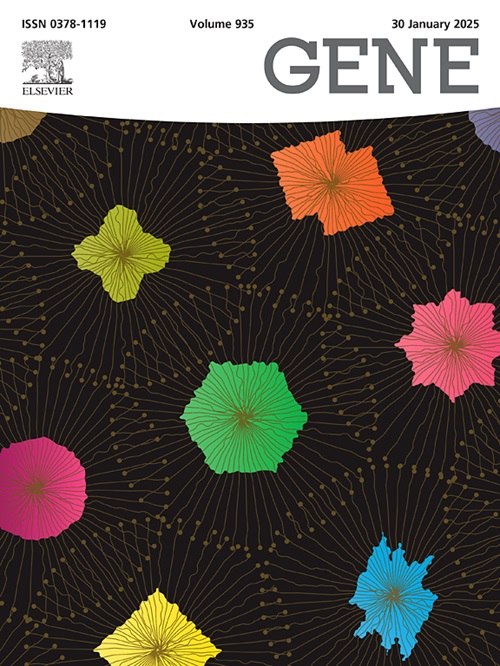PIK3C3通过调节自噬影响免疫细胞功能,在脓毒症中发挥抗炎作用
IF 2.4
3区 生物学
Q2 GENETICS & HEREDITY
引用次数: 0
摘要
脓毒症是由宿主对病原体感染的免疫反应失衡引起的一种综合征,可导致全身多器官功能障碍。其病理机制复杂,目前尚无特异性生物标志物或靶向治疗药物。最近的研究表明,磷脂酰肌醇3-激酶III类(PIK3C3/VPS34)是自噬的关键调节因子,在免疫调节中起关键作用。具体来说,PIK3C3影响免疫细胞的活化、增殖、存活和凋亡。然而,PIK3C3在脓毒症发病中的确切机制仍不完全清楚,现有研究主要强调其自噬相关功能。因此,本文综述了PIK3C3在免疫细胞中的表达和功能,重点阐述了其通过自噬调节细胞代谢和功能的分子信号通路。通过整合我们目前对免疫细胞参与脓毒症病理生理的理解,我们提出靶向PIK3C3可能是一种有希望的免疫治疗策略,可以恢复免疫稳态并改善脓毒症的临床结果。这种方法可能为预防和管理这种危及生命的疾病提供新的途径。本文章由计算机程序翻译,如有差异,请以英文原文为准。
PIK3C3 influences immune cell function by modulating autophagy to exert anti-inflammatory effects in sepsis
Sepsis is a syndrome caused by an imbalance in the host’s immune response to pathogen infection, which can lead to systemic multiple organ dysfunction. Its pathological mechanisms are complex, and there are no specific biomarkers or targeted therapeutic drugs available. Recent investigations have revealed that phosphatidylinositol 3-kinase class III (PIK3C3/VPS34), a key regulator of autophagy, plays a critical immunomodulatory role. Specifically, PIK3C3 influences the activation, proliferation, survival, and apoptosis of immune cells. However, the precise mechanistic contribution of PIK3C3 to the pathogenesis of sepsis remains incompletely understood, with existing studies largely emphasizing its autophagy-related functions. Therefore, this review provides a comprehensive overview of PIK3C3 expression and function in immune cells, focusing on elucidating the molecular signaling pathways through which it modulates cellular metabolism and function via autophagy. By integrating our current understanding of immune cell involvement in the pathophysiology of sepsis, we propose that targeting PIK3C3 may represent a promising immunotherapeutic strategy to restore immune homeostasis and improve clinical outcomes in sepsis. This approach may offer novel avenues for the prevention and management of this life-threatening condition.
求助全文
通过发布文献求助,成功后即可免费获取论文全文。
去求助
来源期刊

Gene
生物-遗传学
CiteScore
6.10
自引率
2.90%
发文量
718
审稿时长
42 days
期刊介绍:
Gene publishes papers that focus on the regulation, expression, function and evolution of genes in all biological contexts, including all prokaryotic and eukaryotic organisms, as well as viruses.
 求助内容:
求助内容: 应助结果提醒方式:
应助结果提醒方式:


